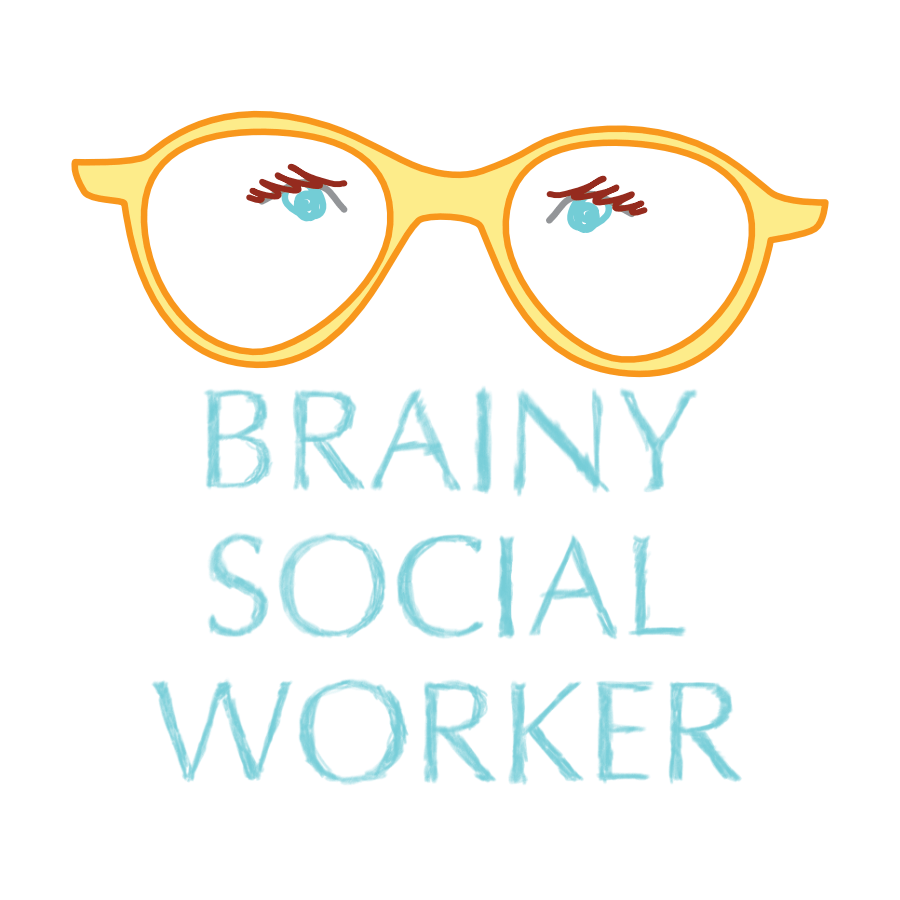Do you think that you may be autistic?
Do you struggle with emotions that feel incredibly big?
Do you find comfort in repetition?
Autism awareness is at an all-time high, widely discussed by the medical community, media outlets, concerned parents, and society in general. While autism may appear to be more widespread today than decades ago, experts believe the increase in diagnoses is due to greater awareness of autism and its signs and symptoms.
Many people prefer to think of it as a neurotype, a broad range of symptoms and traits that you display in one way or another. Autism is characterized by difficulty in communicating and interacting with others, and obsessive or repetitive behavior. Depending on how a child is communicating and interacting, autism diagnoses can start as young as two years old. It’s also not uncommon for adults to seek diagnosis if they notice traits in themselves or their children.
A licensed clinician can help with an evaluation and assist with providing your child with strategies to manage the traits best and embrace yourself, autism, and all.
We recommend speaking with our office if you’ve noticed any of the following behavioral trends in your child:
- Inability to maintain eye contact, or failure to respond when spoken to or called by name
- Rigid rules or routines
- Isolation or avoiding social interaction
- Repetitive or obsessive behavior, such as lining up objects or only performing tasks in a particular order
- Involuntary or excessive behaviors such as blinking, rocking, hand flapping, or finger flicking
A diagnosis of autism can help you and/or your child find solutions to symptoms that are interfering with their daily life. Autism can make it difficult for you to interact socially, both with verbal and nonverbal communication. Trouble making eye contact or involuntary noises can also cause problems at home, with friends, or at work.
Autism can make it difficult for you to make or maintain friendships or to get along with family members. You may also develop repetitive, obsessive, or ritualistic behaviors that interfere with your daily life.
Therapy and some medications are available to help manage and control these behaviors. A licensed therapist can help address internal discomfort regarding your traits and work with you on finding where you feel comfortable within your neurotype. I use neurodivergent affirming therapy which means that we are going to learn about your traits, without judgment, and we will learn why your brain feels that the impulses that are responsive to the traits are important.
If you’re concerned you and/or your child may be exhibiting signs of autism, a pediatrician, licensed child neurologist, or psychologist can assess and evaluate your child. Once diagnosed, a therapist can help them better manage their symptoms.


